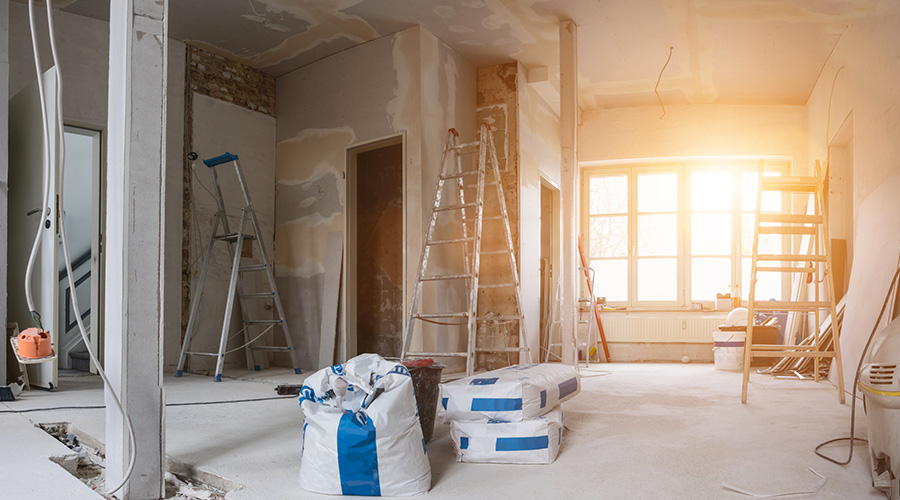In an increasingly vigorous real estate market, the Quebec government implemented measures in January 2023 to regulate real estate speculation practices, more commonly known as “flipping”. Find out what this anti-flip tax is all about, its implications for investors and homeowners, and the expected impact on the Quebec real estate market.
What Is a Real Estate “Flip”?
Real estate “flipping” refers to the practice of buying properties with the aim of reselling them at a profit within a short period of time, often after renovating them. While this strategy can be lucrative for some, it can also contribute to real estate price inflation, making home ownership more difficult for the general population.
What Is the Anti-Flip Tax?
The anti-flip tax, introduced in Quebec, aims to discourage this practice by introducing dissuasive tax measures. These include an additional tax on gains from the resale of a property acquired less than a certain number of months ago.
In short, any gain generated by the sale of a residential property owned for less than 365 consecutive days (referred to here as a “quick resale”) will be treated as business income. The aim of this measure is to reduce real estate speculation and encourage long-term investment in the real estate sector.
You can also consult the official Revenu Québec document.
Impact On Investors and Homeowners
For investors accustomed to generating income via “flipping”, this tax implies a revision of their strategy. It becomes essential to consider investments over a longer period, or to focus on adding value through substantial renovations that justify a longer holding period.
Owners wishing to sell their property soon after purchase, for personal or professional reasons, should also be aware of these new rules. Although certain exceptions may apply, it is crucial to find out about the specific tax conditions to avoid unexpected tax consequences.
Exceptions include:
- Your death or the death of a person related to you;
- A person related to you has joined your household (for example, a child [birth or adoption] or an elderly parent) or you have joined the household of a person related to you;
- The end of your marriage or common-law relationship, if you were living apart from your spouse or common-law partner for a period of at least 90 days prior to the resale of the property.
- Etc.
Source: Revenu Québec, 2023
Impact On the Real Estate Market
In the long term, this tax could help stabilize the Quebec real estate market by reducing rapid price fluctuations. By discouraging speculation, it also helps maintain an accessible and affordable housing supply for potential buyers, particularly first-time buyers.
However, it’s important to note that the real impact of the tax will depend on a number of factors, such as changes in interest rates, housing availability and demographic trends. The anti-flip tax is therefore one piece of a larger puzzle aimed at ensuring a balanced and inclusive real estate market.
The anti-flip tax represents a significant step in Quebec’s efforts to regulate the real estate market and promote sustainable growth. However, for investors and homeowners, it highlights the importance of taking a long-term view and fully understanding the implications of their buying and selling decisions. As the market continues to evolve, staying informed and adaptable will be key to successfully navigating the Quebec real estate landscape.


